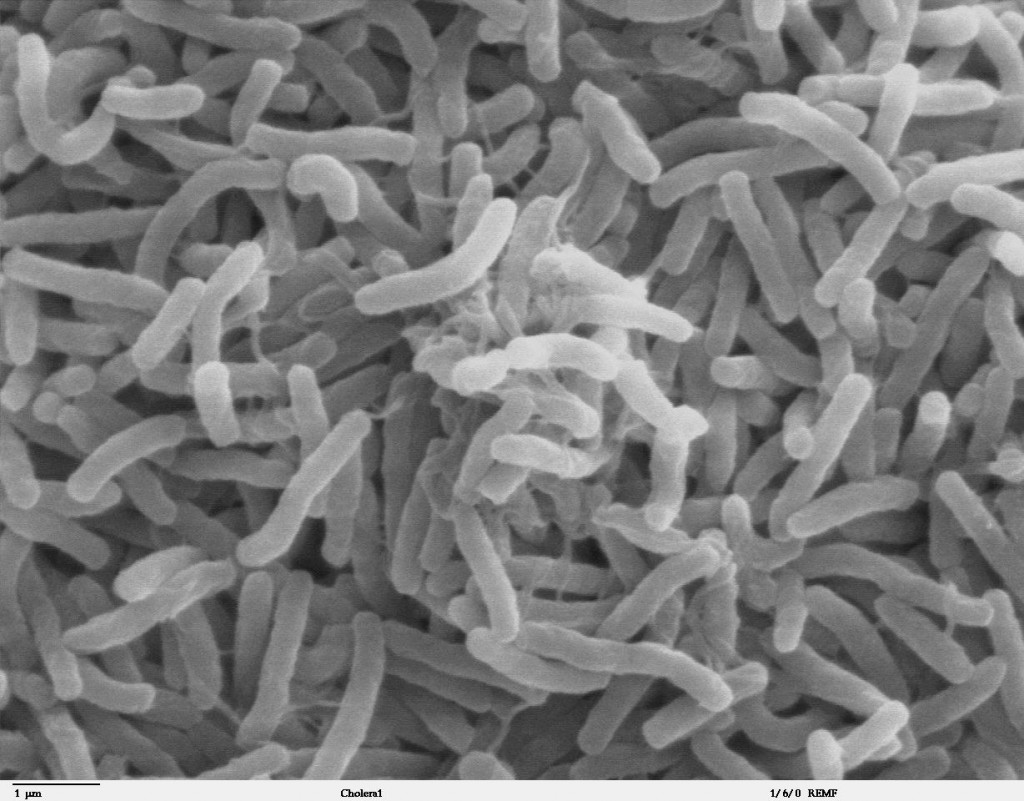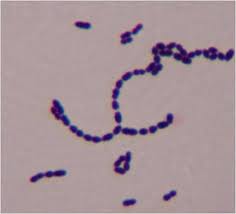Respiratory Syncytial Virus (RSV)
The respiratory syncytial virus, more easily known as RSV, is a very common virus that infects and sickens people, usually the very young and, as is increasingly recognized, also the elderly. Most infected people will not be able to distinguish RSV infection from the common cold, but in some cases, especially among premature infants, RSV …









